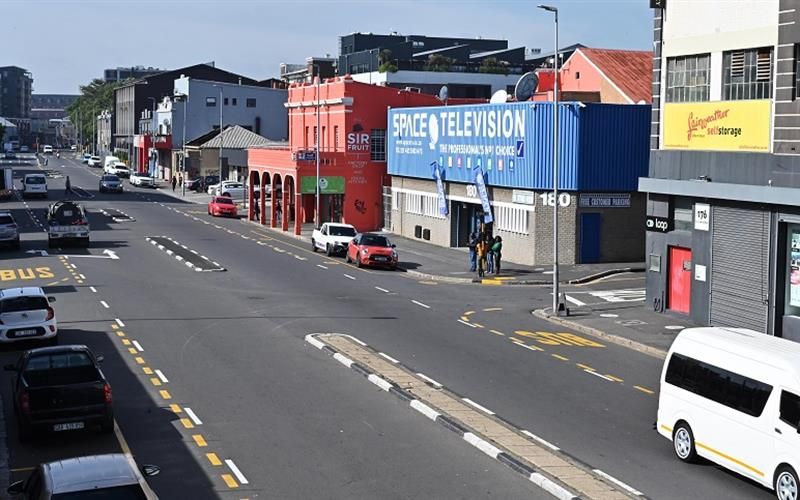The City of Cape Town has been working on invigorating the Woodstock and Salt River neighborhoods, including University Estate and Walmer Estate, through the development of a Local Spatial Development Framework (LSDF). The city is encouraging residents to participate in shaping their neighborhood’s future by providing feedback on the draft LSDF.
LSDF Process
The LSDF process began in 2019 with a series of meetings and open house sessions with the local Neighbourhood Development Forum for Woodstock and Salt River. Residents, stakeholders, and city officials collaborated to determine the area’s key strengths, weaknesses, opportunities, and priorities.
Proposed Guidelines
The draft LSDF proposes guidelines for each of the neighborhood’s ten precincts, with specific aims to:
- Re-establish the unique neighborhood identity
- Protect and enhance the area’s heritage value
- Promote multiculturalism and integration
- Maintain affordable rental units and support state housing
- Revitalize neglected public spaces
- Stimulate the local economy and job creation
- Support tourism and enhance destination places
- Encourage compact development, increased activity, and higher densities
- Integrate and connect with District Six, Table Mountain National Park, and the Cape Town Central Business District
Factors Considered
As the neighborhoods continue to evolve, the LSDF takes into account several factors, including land-use diversity, heritage protection, historical routes, tourism attractions, topographical variations, accessibility, affordable housing, transit-oriented development, safe pedestrian and cycling routes, and the need for social and public facilities.
Purpose of LSDF
The LSDF’s purpose is multifaceted as it aims to guide the city’s decisions on development and land use, create certainty for public and private investors, formulate a development vision for the future, promote the tourism industry for sustainable economic growth, and strengthen the local economy through partnerships.
Resident Feedback
The city has made the draft LSDF available online, with comments open for submission at www.capetown.gov.za/HaveYourSay. Alternatively, residents can submit their comments in person at the Woodstock Public Library in Aberdeen Street. The deadline for comment submissions is November 11, 2023. Interested parties can send an email to WSR.LSDF@capetown.gov.za for additional information.
Approval Process
Once the comments have been considered, the refined LSDF will be presented to the council for approval. The Woodstock and Salt River LSDF supports the spatial development guidelines outlined in the Table Bay District Spatial Development Framework, a higher-order plan for the broader Table Bay area, which includes Woodstock and Salt River.
With the collaborative efforts of the city, residents, and stakeholders, the LSDF aims to forge a vibrant, diverse, and sustainable future for these flourishing neighborhoods.








